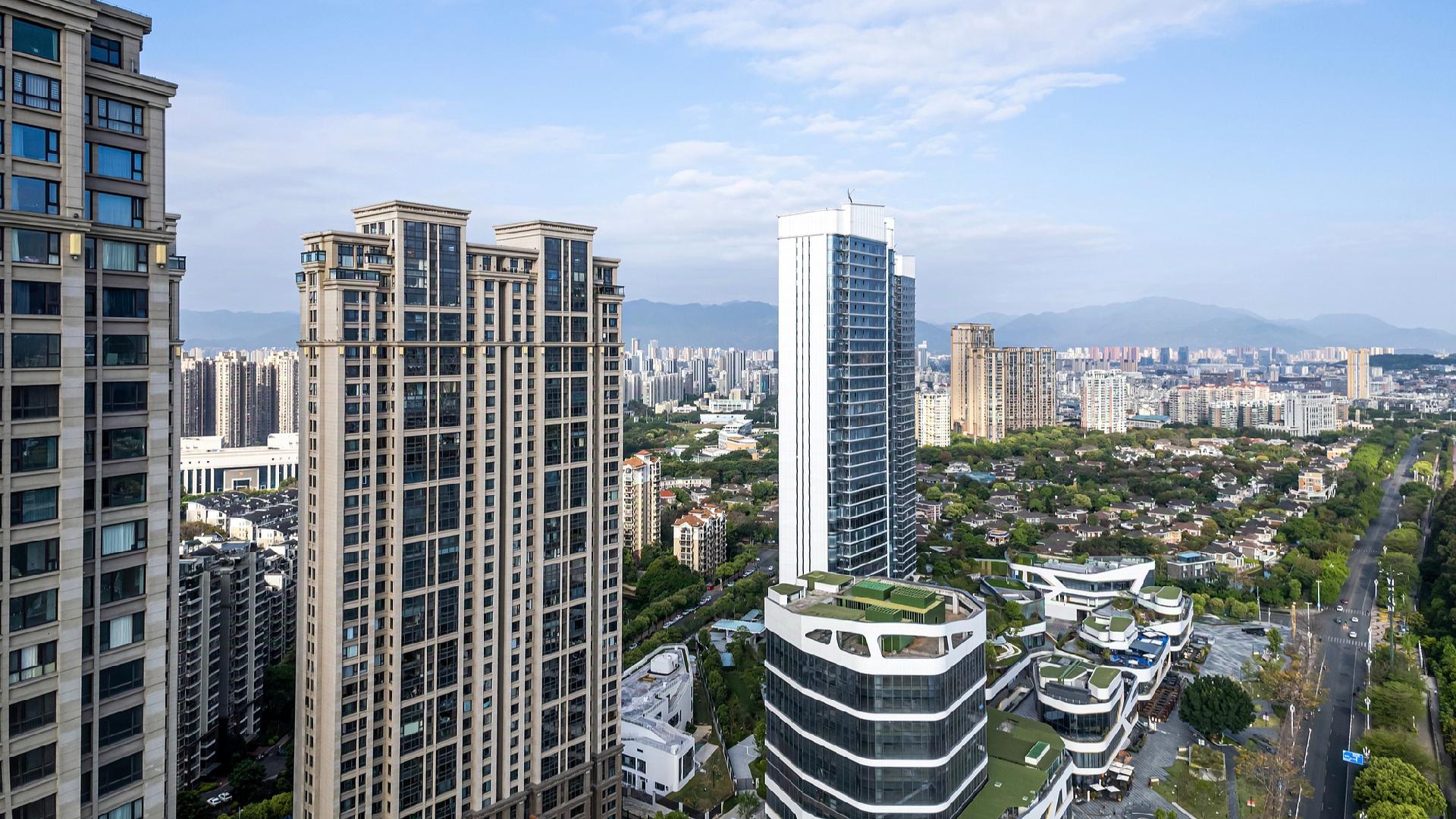China unveils progressive measures to nurture real estate market
China is set to enhance its real estate market through a series of incremental policy initiatives, as detailed by Housing and Urban-Rural Development Minister Ni Hong. These initiatives encompass support for the renovation of urban villages and dilapidated housing, the establishment of a "white list" mechanism to secure financing for qualifying projects, and the provision of financial assistance, all reinforced by monetary policy actions.

The event included officials from the Ministry of Housing and Urban-Rural Development, as well as representatives from the Ministry of Finance, the Ministry of Natural Resources, the People's Bank of China, and the National Financial Regulatory Administration.
In terms of supportive measures for the property sector, the government plans to enhance assistance for urban village and dilapidated housing renovation projects. Ni mentioned that an additional 1 million housing units will be renovated by compensating residents monetarily.
The minister also highlighted that all eligible real estate projects will be included in the "white list" mechanism, ensuring that their reasonable financing needs are met through loans.
As of October 16, 2.23 trillion yuan in loans had been approved for the "white list" real estate projects, according to Xiao Yuanqi, deputy head of the National Financial Regulatory Administration. He further stated that the approved loan amount for these projects is anticipated to double to over four trillion yuan by year’s end.
Additionally, the press conference revealed financial support and monetary policy measures aimed at stabilizing the property sector. Song Qichao, assistant minister of finance, noted that local governments will have the discretion to acquire existing residential properties using special bonds. The government is also pursuing adjustments to real estate value-added tax policies to lessen burdens on businesses and homebuyers.
In a related note, Tao Ling, vice-president of the People's Bank of China, indicated that the central bank is considering options to provide loans to qualified enterprises for acquiring idle land to assist in market recovery.
Meanwhile, home sales in major Chinese cities are experiencing an uptick in October, following directives from Chinese authorities in late September that included cutting mortgage rates for existing loans, lowering down payment ratios, and relaxing purchase restrictions. Cities such as Beijing, Shanghai, Guangzhou, and Shenzhen rolled out their own stimulus measures for local housing markets just before the National Day holiday.
This shift followed a meeting of the Political Bureau of the Communist Party of China Central Committee, which underscored the necessity of reversing the downturn in the real estate market and stabilizing it.
These initiatives have quickly shown effectiveness in enhancing homebuyer confidence in major cities. Many housing sales centers in these urban areas are now bustling with clients, as previously hesitant buyers are returning to the market.
"Recent observations indicate a pickup in housing market activity, particularly in first-tier cities," said Bruce Pang, chief economist of JLL Greater China, during an interview with CN. He noted that while improvements in sales volumes and prices will take time to reflect in property investments and construction, positive momentum is building.
Cities outside the first-tier category are also taking steps, with more than 50 cities—including Wuhan, Nanchang, Hefei, Hangzhou, and Chengdu—adopting measures to cut mortgage rates, lower down payments, eliminate restrictions on commercial housing transfers, and enhance purchase subsidies.
Pang stressed that policymakers are taking a more pragmatic stance toward the property sector, aiming to transition it into a stabilizer for economic growth rather than its primary driver.
Sophie Wagner for TROIB News
Find more stories on Business, Economy and Finance in TROIB business












